Related Research Articles
Commander Chambré George William Penn Curzon, known as George Curzon, was a Royal Navy commander, actor, and father of the present Earl Howe.

George S. Barnes, A.S.C. was an American cinematographer active from the era of silent films to the early 1950s.
Eric Robert Russell Linklater CBE was a Welsh-born Scottish poet, fiction writer, military historian, and travel writer. For The Wind on the Moon, a children's fantasy novel, he won the 1944 Carnegie Medal from the Library Association for the year's best children's book by a British subject.
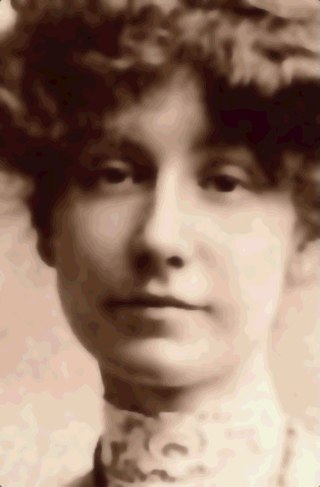
Margaret Gabrielle Vere Long, who used the pseudonyms Marjorie Bowen and Joseph Shearing, was a British author who wrote historical romances, supernatural horror stories, popular history and biography.

Anthony Martin Kimmins, OBE was an English director, playwright, screenwriter, producer and actor.

The Lord High Commissioner to the General Assembly of the Church of Scotland is the Scottish monarch's personal representative to the General Assembly of the Church of Scotland, reflecting the Church's role as the national church of Scotland and the monarch's role as protector and member of that Church.

Torin Herbert Erskine Thatcher was a British actor who was noted for his flashy portrayals of screen villains.
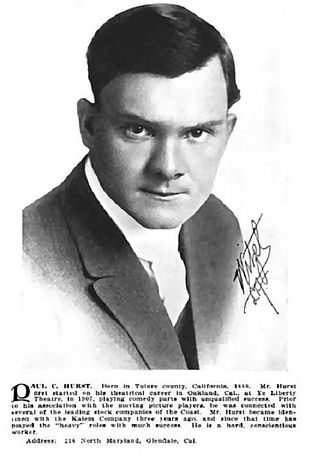
Paul Causey Hurst was an American actor and director.
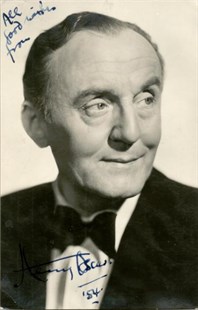
Henry Wale, known professionally as Henry Oscar, was an English stage and film actor. He changed his name and began acting in 1911, having studied under Elsie Fogerty at the Central School of Speech and Drama, then based in the Royal Albert Hall, London. He appeared in a wide range of films, including The Man Who Knew Too Much (1934), Fire Over England (1937), The Four Feathers (1939), Hatter's Castle (1942), Bonnie Prince Charlie (1948), Beau Brummell (1954), The Little Hut (1957), Beyond This Place (1959), Oscar Wilde (1960), Lawrence of Arabia (1962), The Long Ships (1963) and Murder Ahoy! (1964).
The Gordon Stakes is a Group 3 flat horse race in Great Britain open to three-year-old horses. It is run at Goodwood over a distance of 1 mile 3 furlongs and 218 yards, and it is scheduled to take place each year in late July or early August.
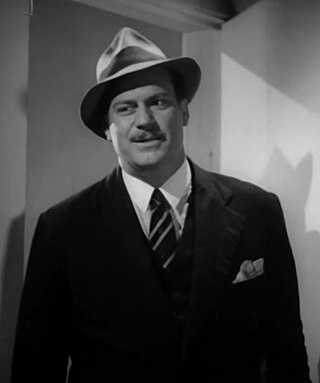
Richard Alexander was an American film character actor.
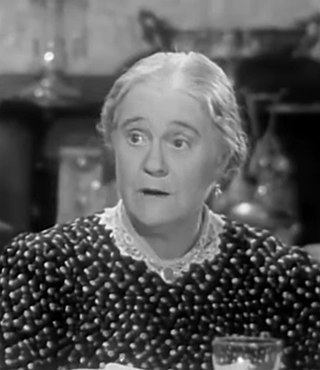
Mary Gordon was a Scottish actress who mainly played housekeepers and mothers, most notably the landlady Mrs. Hudson in the Sherlock Holmes series of movies of the 1940s starring Basil Rathbone and Nigel Bruce. Her body of work included nearly 300 films between 1925 and 1950.

The Vanguard Press (1926–1988) was a United States publishing house established with a $100,000 grant from the left wing American Fund for Public Service, better known as the Garland Fund. Throughout the 1920s, Vanguard Press issued an array of books on radical topics, including studies of the Soviet Union, socialist theory, and politically oriented fiction by a range of writers. The press ultimately received a total of $155,000 from the Garland Fund, which separated itself and turned the press over to its publisher, James Henle. Henle became sole owner in February 1932.
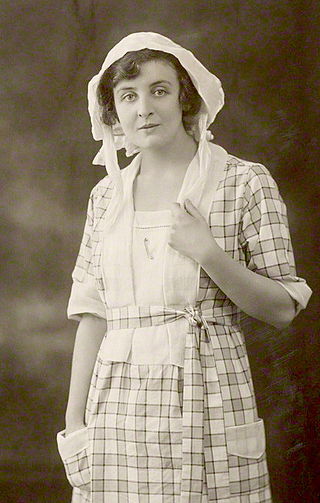
Hessy Doris Lloyd was an English–American film and stage actress. She is perhaps best known for her roles in The Time Machine (1960) and The Sound of Music (1965). Lloyd appeared in two Academy Award winners and four other nominees.

Holmes Herbert was an English character actor who appeared in Hollywood films from 1915 to 1952, often as a British gentleman.

David Torrence was a Scottish film actor. He appeared in more than 100 films between 1913 and 1939. He has a star on the Hollywood Walk of Fame. He was the brother of actor Ernest Torrence. He was born in Edinburgh, Scotland and died in Los Angeles, California. He is interred at Inglewood Park Cemetery.

Walter Rilla was a German film actor of Jewish descent. He appeared in more than 130 films between 1922 and 1977. He was born in Neunkirchen, Germany and died in Rosenheim, Germany.

Claude Ewart King was an English-born character actor and unionist, who appeared in American silent film. With his distinctive wavy hair, King appeared on both stage and screen. He served his country, Great Britain, in World War I in Field Artillery, reaching the rank of Major and surviving the war. He began his stage career in his native country, before emigrating to the US. In 1919, he appeared on Broadway in support of Ethel Barrymore in the play Declassee.

Olga Limburg was a German theater and film actress. She began her artistic career in 1901 with a commitment at the Municipal Theatre of Poznan. Since 1902, she played at several of Berlin's leading theaters including the Tribune, the Metropol Theatre, Berlin Lustspielhaus, the comedy and the Theater am Kurfürstendamm. During the early part of her theater career, Limburg usually played supporting roles. Later she worked in the "comical oldies" plays.
References
- ↑ "Winifred A Duke". England and Wales Census, 1901 (Family Search). 8 April 2016.
- ↑ Borowitz, Albert (2002). Blood & Ink: An International Guide to Fact-based Crime Literature. Kent, Ohio: Kent State University Press. p. 163.
- ↑ Who Was Who, 1961-1970. Vol. 6. A. & C. Black, Ltd. 1972. p. 323.
- 1 2 Russell, Catherine. "A Bit of History".
- ↑ "Current Literature". The Scottish Historical Review. 24 (95): 231–233. April 1927.
- ↑ Seton, Bruce (April 1927). "Review: Lord George Murray and the Forty-Five". The Scottish Historical Review. 24 (95): 229–230.